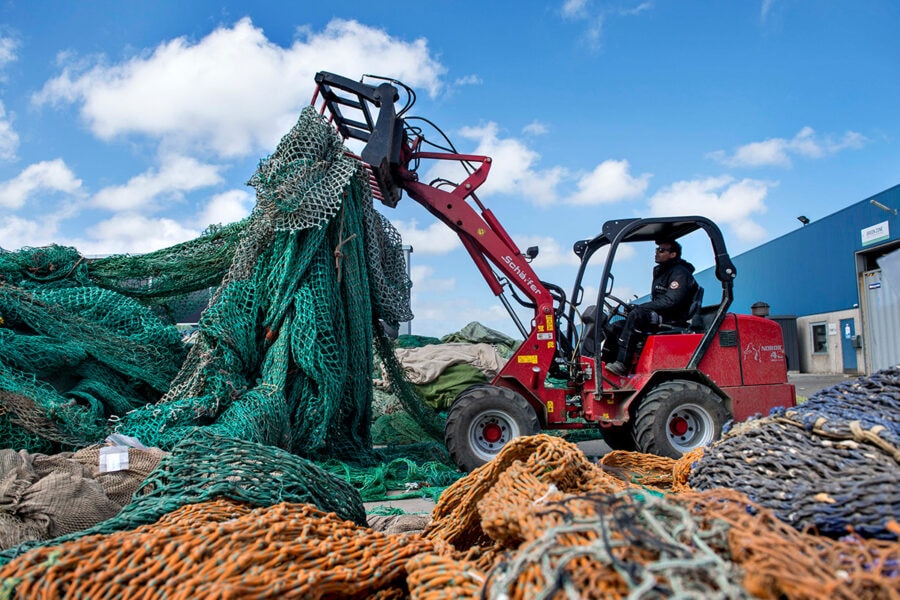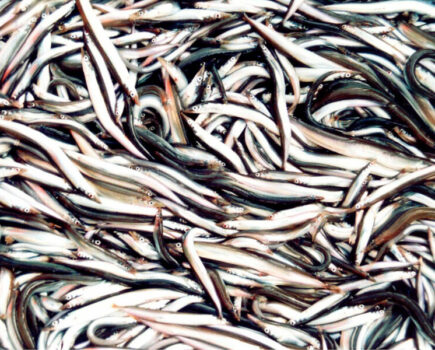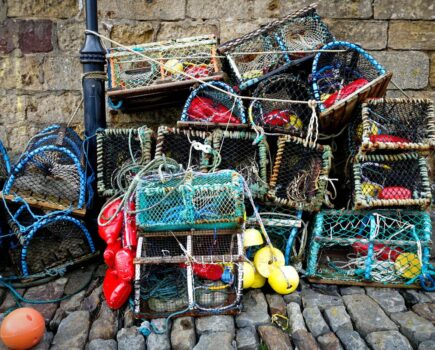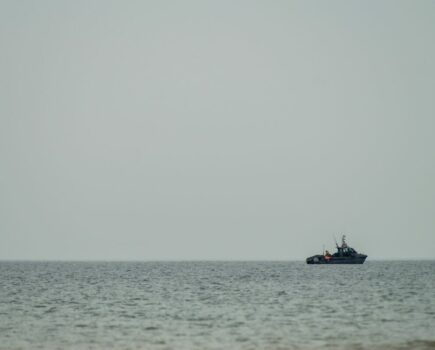German car manufacturer BMW has announced that its neue Klasse models will feature trim parts partially made from recycled fishing nets and ropes, reports Paul Scott.
From 2025 onwards, the neue Klasse range will incorporate trims featuring around 30% plastic derived from recycled fishing gear, ‘proactively sourced at ports all around the world to ensure that it doesn’t end up being discarded in the sea’, the company says.
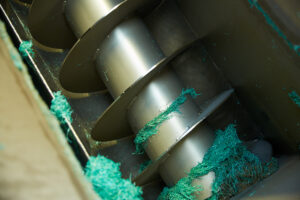
The gear undergoes an ‘innovative process’ to produce plastic granules…
The unique recycling process, a first for the automotive industry, sees waste material from the maritime industry used to produced trim parts suitable for exteriors and interiors of vehicles. BMW says that the resulting components have approximately ‘25% lower carbon footprint than their counterparts made from conventionally manufactured plastics’.
The company has been working with different approaches to use plastic waste from the maritime industry
as a raw material for vehicle components, to ‘conserve valuable resources and reduce CO2 emissions’. It says that this form of recycling makes it possible to reduce the need for petroleum-based primary plastics, and at the same time counteract ocean pollution.

… which are suitable for use in car trims.
The floor mats of some of the company’s current models consist of a material known as ECONYL, the basis for a synthetic yarn made from discarded fishing nets, worn floor coverings and residual waste from plastics production.
The new initiative is taking the recycling of maritime plastic waste a step further. Developed in collaboration with Danish company PLASTIX, the new method sees the nets and ropes undergo an ‘innovative process’ to produce plastic granules.
BMW says that while recycled maritime plastic has so far only been used in the automotive industry in the form of fibres for new vehicle components, the recycled material is now also suitable for the injection-moulding process for the first time. The raw material for the components manufactured in this way can consist of around 30% maritime plastic waste.
This story was taken from the latest issue of Fishing News. For more up-to-date and in-depth reports on the UK and Irish commercial fishing sector, subscribe to Fishing News here or buy the latest single issue for just £3.30 here.

